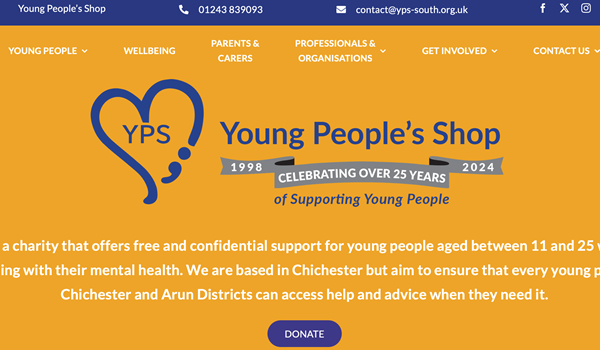Autistic Spectrum Disorder is associated with a triad of impairments; social communication, social interaction and social imagination.
Autism is called a spectrum as, although all individuals will suffer from difficulties in the three main areas above, their condition will affect them in very different ways. No two people with ASD will have the same difficulties.












